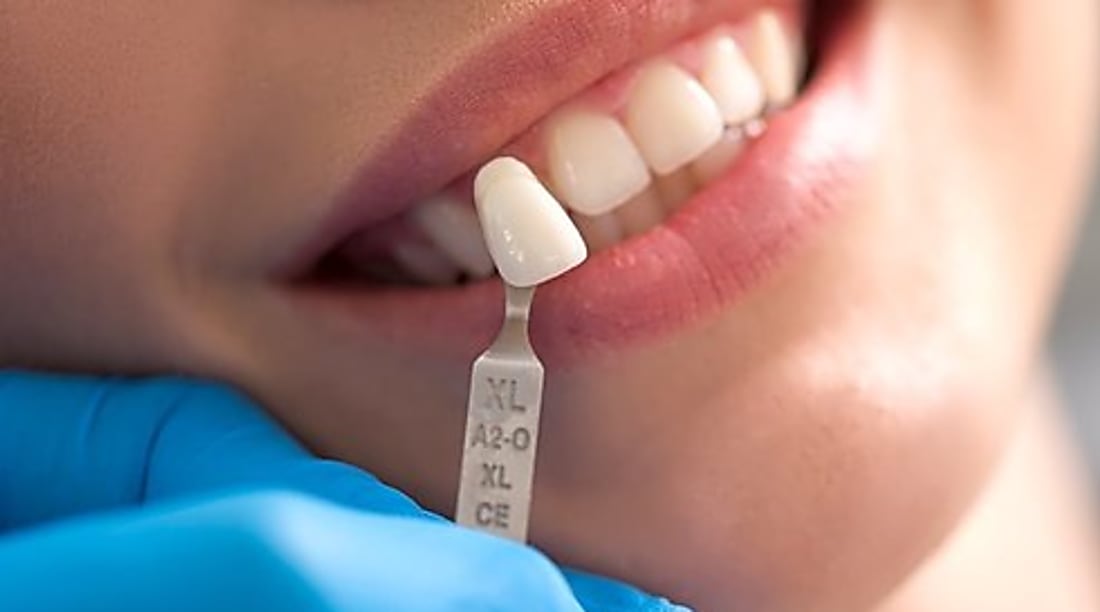This is What Ceramic Teeth Coating Should Cost You in 2025!
Ceramic teeth coating, also known as dental veneers or porcelain veneers, is a popular cosmetic dentistry procedure that can transform your smile. As we look ahead to 2025, it's important to understand the potential costs associated with this treatment, especially for seniors who may be considering it as part of their dental care plan. This article will explore the expected prices, factors affecting costs, and what you need to know about ceramic teeth coating in the coming years.

What exactly is ceramic teeth coating?
Ceramic teeth coating involves applying thin, custom-made shells of tooth-colored materials to the front surface of teeth. These veneers are designed to improve the appearance of your teeth by changing their color, shape, size, or length. Made from high-quality porcelain or composite resin, ceramic coatings are bonded to the teeth to create a natural-looking, attractive smile.
How does ceramic teeth coating differ from traditional veneers?
While traditional veneers and ceramic teeth coating serve similar purposes, there are some key differences. Ceramic coatings are typically thinner and require less tooth preparation, often preserving more of the natural tooth structure. They are also known for their durability and stain-resistant properties, making them a popular choice for those seeking long-lasting results.
What factors influence the cost of ceramic teeth coating?
Several factors can affect the price of ceramic teeth coating. The number of teeth being treated, the complexity of the case, the materials used, and the dentist’s expertise all play a role in determining the overall cost. Additionally, geographic location can impact prices, with urban areas often having higher rates than rural locations.
Are ceramic teeth coatings covered by dental insurance?
In most cases, ceramic teeth coating is considered a cosmetic procedure and is not covered by standard dental insurance plans. However, some insurance providers may offer partial coverage if the treatment is deemed medically necessary, such as in cases of severe tooth damage or decay. It’s essential to check with your insurance provider to understand your coverage options.
What are the expected costs of ceramic teeth coating in 2025?
As we look towards 2025, the cost of ceramic teeth coating is expected to vary depending on several factors. In the United Kingdom, prices are anticipated to range from £500 to £1,500 per tooth. For a full set of veneers, which typically includes 6-8 teeth, the total cost could be between £3,000 and £12,000. It’s important to note that these are estimates and actual prices may differ.
How do ceramic teeth coating costs compare to other dental procedures?
To give you a better understanding of how ceramic teeth coating costs compare to other dental procedures, here’s a comparison table of estimated prices for various treatments in 2025:
| Procedure | Provider Type | Cost Estimation (per tooth) |
|---|---|---|
| Ceramic Teeth Coating | Cosmetic Dentist | £500 - £1,500 |
| Traditional Veneers | General Dentist | £400 - £1,000 |
| Dental Implants | Oral Surgeon | £1,500 - £2,500 |
| Dental Crowns | General Dentist | £500 - £900 |
| Teeth Whitening | Cosmetic Dentist | £200 - £400 (full set) |
Prices, rates, or cost estimates mentioned in this article are based on the latest available information but may change over time. Independent research is advised before making financial decisions.
When considering ceramic teeth coating, it’s crucial to weigh the costs against the potential benefits and longevity of the treatment. While the initial investment may be higher than some alternatives, the durability and natural appearance of ceramic coatings can make them a cost-effective choice in the long run.
In conclusion, ceramic teeth coating is expected to remain a popular cosmetic dental procedure in 2025, with costs varying based on individual needs and circumstances. While the treatment may represent a significant investment, many patients find the results to be worth the expense. As always, it’s recommended to consult with a qualified dental professional to discuss your specific case and explore all available options before making a decision.
This article is for informational purposes only and should not be considered medical advice. Please consult a qualified healthcare professional for personalized guidance and treatment.




